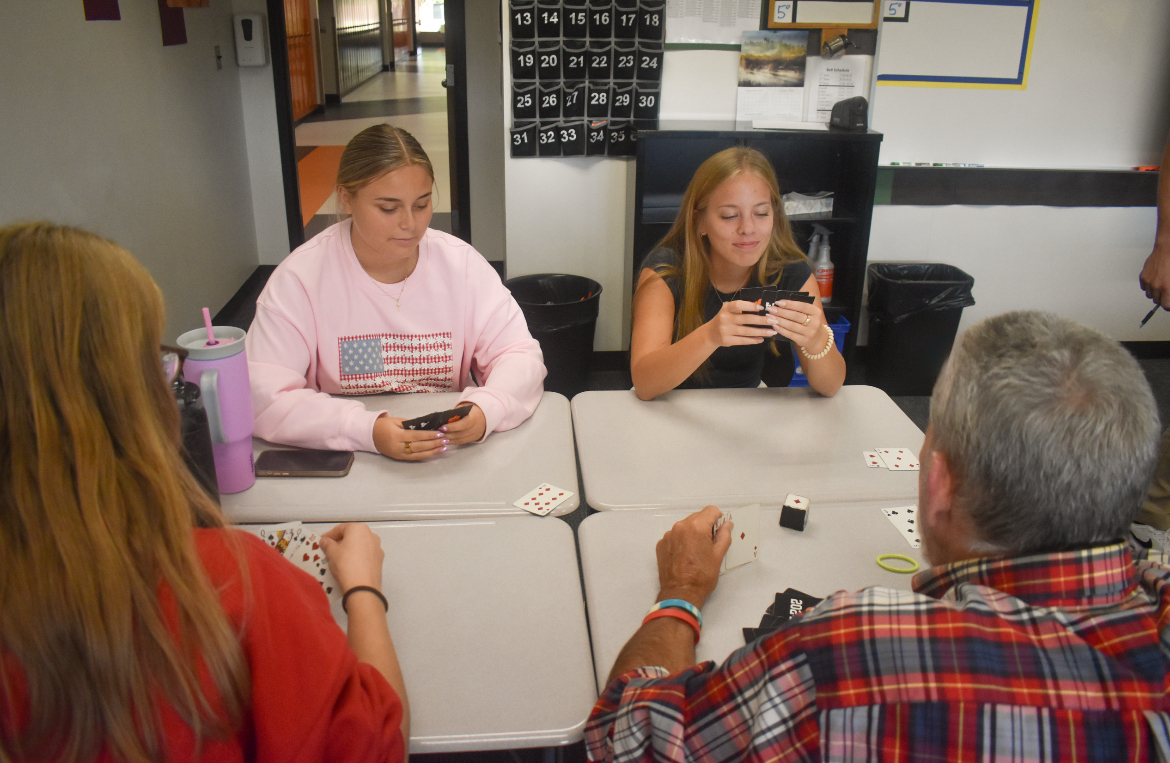The weapon of revolutionaries and a tool for peace, reading has single-handedly been the source of innovation and intelligence throughout history; yet, as we progress into the twentieth century, fewer and fewer people use this long-trusted source of information.
Lately, when I walk into my English class, to no fault of the faculty, I find the lack of focus and rigour astounding. The workload and reading within the classroom are becoming increasingly smaller every year.
In fact, according to a federal report taken in association with the Associated Press, “In many English classrooms across America, assignments to read full-length novels are becoming less common.”
This shift to shorter reading assignments is making English classes too easy and, frankly, boring. This has only led to less reading among the younger generations. The same federal report on students reading less in school reports that only 14% of teens say they read for fun daily, compared to nearly double that (27%) in 2012.
This dramatic change is extremely harmful to the new generation, as critical thinking and communication skills—both products of reading frequently—are vital to everyday life.
According to a poll by the BHS English department, on average, only a third of the books assigned in class are read to completion. In tandem, three out of four teachers noticed a decrease in students independently reading, along with a lack of overall interest.
On another note, I’ve recently observed that my peers are reading less and less, instead opting for video games and shortened media like TikTok and Instagram Reels.
Even BHS staff members have seen this trend; one English teacher said, “YouTube (and other apps) has unfortunately replaced reading for many young children, and this carries on into the higher grades.” Another said, “While our students are busier than ever, they have traded reading for pleasure and/or school for time spent in front [of] a screen.”
Is it because of the epidemic of screen addiction? Is it the lack of encouragement and rigor in school ELA classes? Either way, the coming generations of workers and learners are going to be without both reading skills and, more importantly, communication skills. Reading should be placed alongside the newly popularized S.T.E.M classes in importance. More importantly, students should be encouraged to read in and outside of school, far more than they are currently.





























